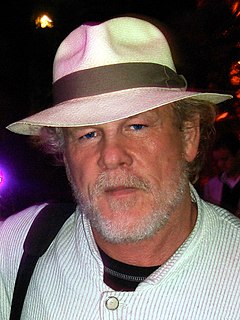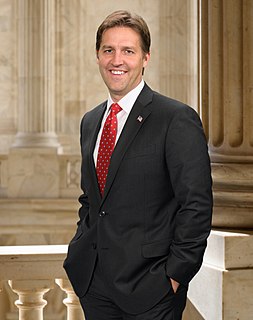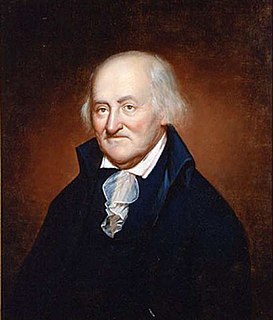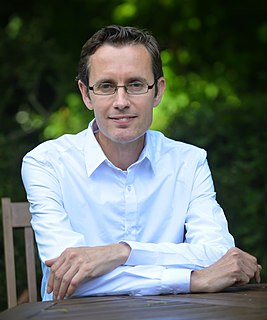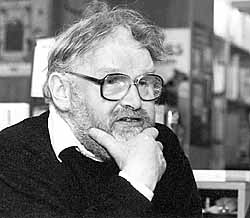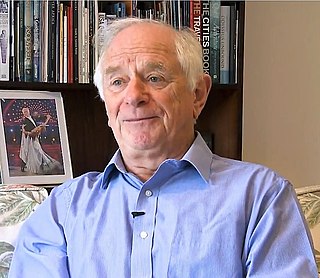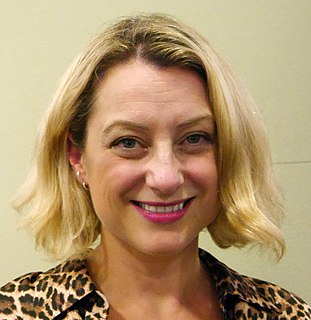A Quote by George Washington
At my age, and in my circumstances, what sinister object, or personal emolument had I to seek after, in this life? The growing infirmities of age and the increasing love of retirement, daily confirm my decided predilection for domestic life: and the great Searcher of human hearts is my witness, that I have no wish, which aspires beyond the humble and happy lot of living and dying a private citizen on my own farm.
Related Quotes
If, in my retirement to the humble station of a private citizen, I am accompanied with the esteem and approbation of my fellow citizens, trophies obtained by the bloodstained steel, or the tattered flags of the tented field, will never be envied. The care of human life and happiness, and not their destruction, is the first and only legitimate object of good government.
The perfect life, the perfect lie, I realised after Christmas, is one which prevents you from doing that which you would ideally have done (painted, say, or written unpublishable poetry) but which, in fact, you have no wish to do. People need to feel that they have been thwarted by circumstances from pursuing the life which, had they led it, they would not have wanted; whereas the life they really want is precisely a compound of all those thwarting circumstances.
People race to achieve everything by a certain age in their life, be it 40, 50 or 60 - but with increasing life spans 50 or 60 might be just the beginning of a new career, or just the point when you begin to get into your stride. There used to be a syndrome of me retiring at 65 and then dying not long after because their life was stripped of meaning, without their work. But these days you may live another 20 or 30 years beyond 65 so you have to figure out where you can make another contribution.
I take a less gloomy view. A good life means fighting to be human under growing difficulties. A lot of young folk know this and fight very hard, but after a few years life gets easier for them and they think they've become completely human when they've only stopped trying. I stopped trying, but my life was so full of strenuous routines that I wouldn't have noticed had it been not for my disease. My whole professional life was a diseased and grandiose attack on my humanity. It is an achievement to know that I am simply a wounded and dying man. Who can be more regal than a dying man?
I left Paramount at the ripe young age of sixty. A generation ago, that would have been retirement age. But my generation has more energy, more drive, and a greater life expectancy than any group of retirees before us. We are going to be here for two decades or more past 'retirement' age and we want to do something relevant in the so-called third act of our lives.
I wish my life and decisions to depend upon myself, not on external forces of whatever kind. I wish to be the instrument of my own, not other men's, acts of will. I wish to be the subject, not an object...I wish to be somebody, not nobody; a doer - deciding, not being decided for, slef-directed and not acted upon by external nature or by other men as if I were a thing, or an animal, or a slave incapable of playing a human role, that is, of conceiving goals and policies of my own and realizing them.
I think all those years that I spent as a nurse, from the age of seventeen, just allowed me an insight into human emotion at those times of life when it's so important. And to see and witness those times of grief and love and loss and all those things was such a huge privilege, both in my own personal life, but it also, I think, spills over into my writing. I think the one thing that most novelists have is some degree of emotional intelligence, and if you don't have that, then perhaps you might struggle to be a novelist, because that has to come out somewhere.


